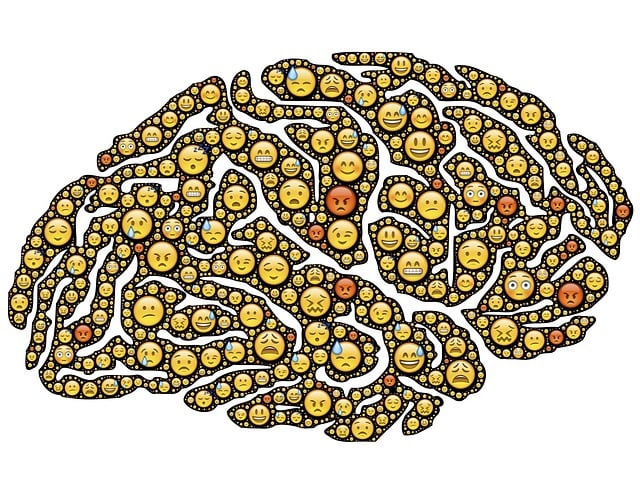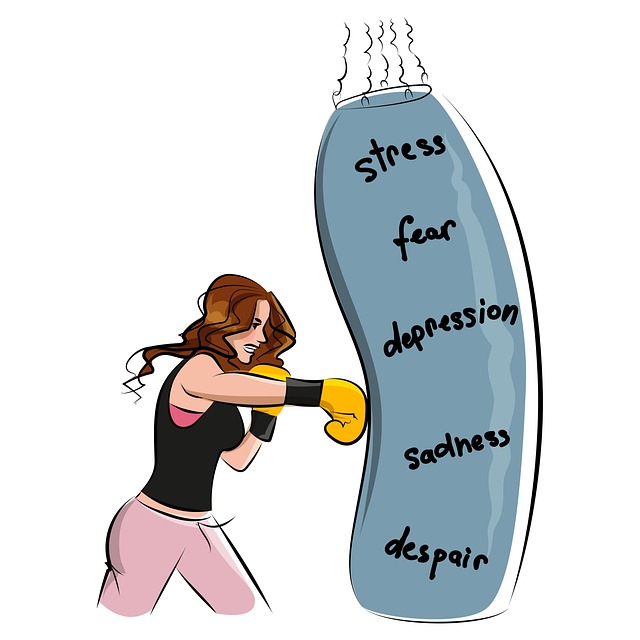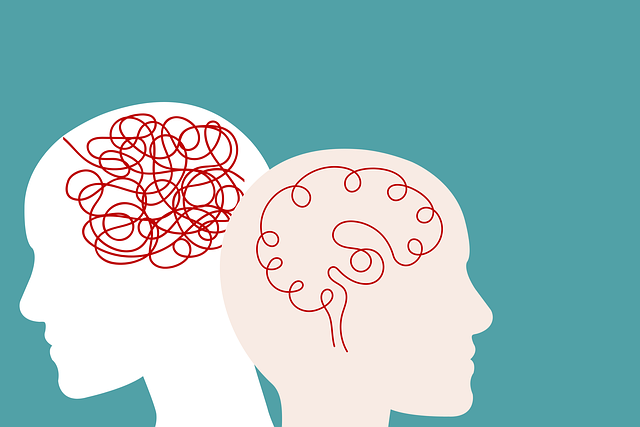Creating a podcast series on mental wellness requires tailored content for children and geriatrics. For children, use relatable stories and simple language to teach social skills and emotional understanding, while addressing stigma reduction. For geriatrics, combine reminiscing with strategies for age-related challenges, dispelling ageist stereotypes to improve access to therapy. Incorporate diverse formatting like interviews, storytelling, and interactive segments to appeal to various backgrounds. Invite expert guests from therapy fields and use high-quality audio with clear communication to ensure accessibility for all audiences, focusing on Therapy for Children and Geriatrics.
“Unleash the power of mental wellness through podcasting! This comprehensive guide navigates the process of creating an engaging audio series, catering specifically to children and geriatric audiences. Learn how to tailor content, choose formats, and select topics relevant to their unique mental health needs. Invite expert guests to add credibility and diversity. Master production techniques for crystal-clear audio. Discover strategies to address therapy for both young minds and geriatrics through this accessible medium.”
- Understanding Your Audience: Tailoring Content for Children and Geriatrics
- Choosing the Right Format and Style for Engaging Listeners
- Selecting Topics: Addressing Mental Health Concerns Specific to Young Minds and Elderly Populations
- Inviting Expert Guests: Enhancing Credibility and Variety in Your Podcast Series
- Production Techniques for High-Quality Audio: Ensuring Clarity and Accessibility
Understanding Your Audience: Tailoring Content for Children and Geriatrics

Creating a podcast series focused on mental wellness requires an intimate understanding of your audience. When crafting content for children and geriatrics, it’s crucial to tailor your approach significantly. Children often require engaging stories and simple language to grasp complex concepts around mental health. Incorporating themes like social skills training through narratives can help them understand their emotions and interact with others effectively. Geriatric listeners might benefit from reminiscing about past experiences while exploring age-related challenges and offering confidence-boosting strategies for navigating later years.
Addressing mental illness stigma reduction efforts is essential in both demographics. For children, this could involve normalizing conversations about feelings and mental wellness to foster an early sense of self-awareness and resilience. Among the geriatric population, dispelling ageist stereotypes and encouraging open dialogue about mental health struggles can significantly improve access to therapy for geriatrics.
Choosing the Right Format and Style for Engaging Listeners

When creating a mental wellness podcast series, selecting the right format and style is key to engaging listeners across diverse demographics. Consider incorporating a mix of structured interviews, narrative storytelling, and interactive segments like self-awareness exercises tailored for different audiences. For instance, discussions on therapy techniques for geriatrics might appeal to an older audience, while episodes focused on navigating childhood mental health issues can target parents and educators. This approach ensures relevance and captures the attention of a broader spectrum of listeners.
Different formats cater to various learning styles. Some listeners prefer in-depth conversations with experts, while others engage more with relatable personal narratives. Balancing these elements allows you to appeal to a wider range of audiences. For professionals, including risk assessment strategies within episodes related to burnout prevention for healthcare providers can offer practical insights. This versatility in content delivery enhances the overall podcast experience, fostering deeper connections and encouraging listeners to return for more.
Selecting Topics: Addressing Mental Health Concerns Specific to Young Minds and Elderly Populations

When crafting content for a mental wellness podcast series, it’s crucial to select topics that resonate with diverse audiences, especially those facing unique mental health challenges. For younger minds, exploring themes like anxiety management in adolescents, navigating school-related stress, and fostering resilience in a digital age can be highly relevant. These discussions can provide valuable insights and tools for both listeners and their caregivers, helping to normalize conversations around youth mental health. Similarly, addressing mental health concerns specific to the elderly is essential. Podcasts can delve into issues such as loneliness, burnout prevention strategies for healthcare providers caring for seniors, and stress reduction methods tailored to geriatrics. Incorporating resilience-building techniques and sharing stories of successful aging can also empower older adults to maintain their emotional well-being.
Inviting Expert Guests: Enhancing Credibility and Variety in Your Podcast Series

Inviting expert guests is a powerful strategy to elevate your podcast series on mental wellness. By engaging professionals from diverse fields like therapy for children and geriatrics, you can offer a broader perspective to your audience. Expert contributors bring credibility to your show, assuring listeners that the information shared is accurate and reliable. Their unique insights can cover a range of topics, from social skills training for kids to mental illness stigma reduction efforts in geriatric care, enriching the overall listening experience.
This approach also allows you to explore niche areas within mental wellness coaching programs development, ensuring your series caters to a wide spectrum of listener needs and interests. By carefully selecting guests with relevant expertise, you can create engaging episodes that resonate with specific demographics, whether it’s parents seeking therapy for their children or seniors dealing with age-related mental health challenges.
Production Techniques for High-Quality Audio: Ensuring Clarity and Accessibility

When producing a mental wellness podcast series, high-quality audio is paramount for ensuring clarity and accessibility. This involves utilizing advanced recording equipment to capture crisp, clean sound, minimizing background noise, and leveraging noise-cancelling microphones. Additionally, professional editing software is essential to refine the audio, balance levels, and enhance speech clarity. For podcasts catering to diverse audiences, including therapy for children and geriatrics, clear audio ensures that all listeners can access and benefit from the content.
Effective production techniques extend beyond recording and editing. Incorporating effective communication strategies, such as clear and concise language, is vital. This includes using simple terms, avoiding jargon, and ensuring a consistent speaking pace. For topics like stress management and emotional healing processes, these techniques make complex ideas more digestible for a broad audience. Moreover, providing captions or transcripts enhances accessibility for listeners with hearing impairments or those in noisy environments.
In conclusion, producing a mental wellness podcast series that caters to both children and geriatrics requires a thoughtful blend of tailored content, engaging formats, and expert insights. By understanding your audience, choosing the right style, selecting relevant topics, and employing high-quality production techniques, you can create a compelling resource for mental health support, offering accessible therapy for young minds and geriatrics alike.










